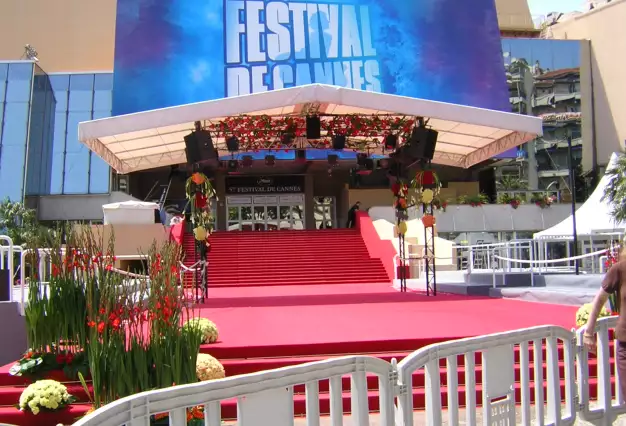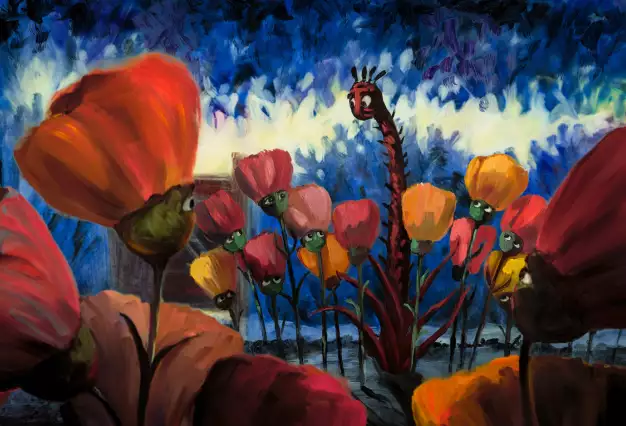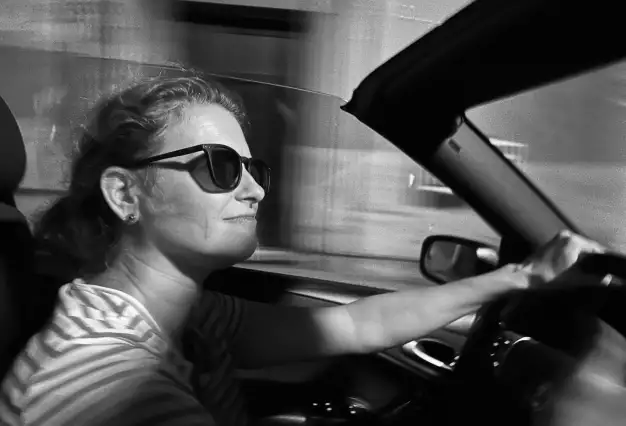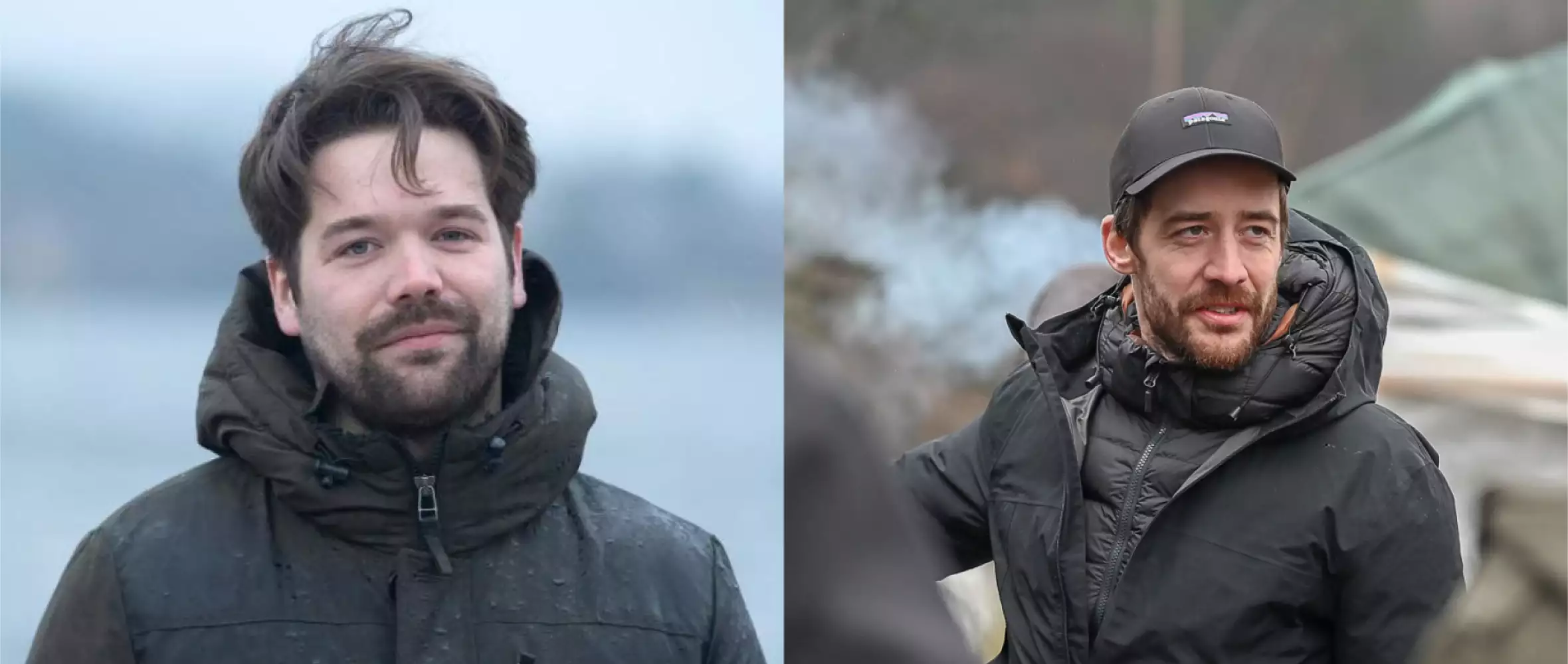
02 May 2024
The seasoned voices and fresh visions of the next generation
The seasoned voices and fresh visions of the next generation

Two emerging talents in the youngest generation of Czech filmmakers are poised for their feature-length solo debuts. Jan Vejnar and Adam Martinec have already won international recognition for their short works, displaying their distinct approach as auteurs. Vejnar bends genres by merging social thrillers with satire, while Martinec probes Czech identity through tragicomic social drama. Even at this early stage of their careers, both boast a variety of projects with international potential, showcasing their screenwriting abilities while spanning formats and themes.
Article by Martin Kudláč for CZECH FILM / Summer 2024
Jan Vejnar: Beyond darker satire
She Came at Night, a collaborative effort by young filmmakers Tomáš Pavlíček and Jan Vejnar, was a breakthrough work on the Czech indie scene, becoming the dark horse of 2023. Despite being practically a guerrilla film, it premiered at the Karlovy Vary International Film Festival, then went on to sweep the Czech Film Critics’ Awards—winning Best Film, Best Director, and Best Actress—as well as garnering Best Director and Best Actress honors at the Czech Lion Awards.
While She Came at Night was Pavlíček’s third foray into feature-length directing, it was Vejnar’s debut in cowriting and codirecting a feature. Still, Vejnar is far from a newcomer to the film industry, having over a decade of experience under his belt. He honed his skills at the Film Academy of Miroslav Ondricek, where he made several notable student works, including his graduation project, Automatic for the People (2010). While rooted in a classic boy-meets-girl framework, the short film introduces a unique twist by taking place in a world where traditionally automated services are performed by people in low-wage jobs. Vejnar treats the seemingly satirical premise with earnestness, allowing the inherent absurdity to emerge subtly, underscoring his writing chops.
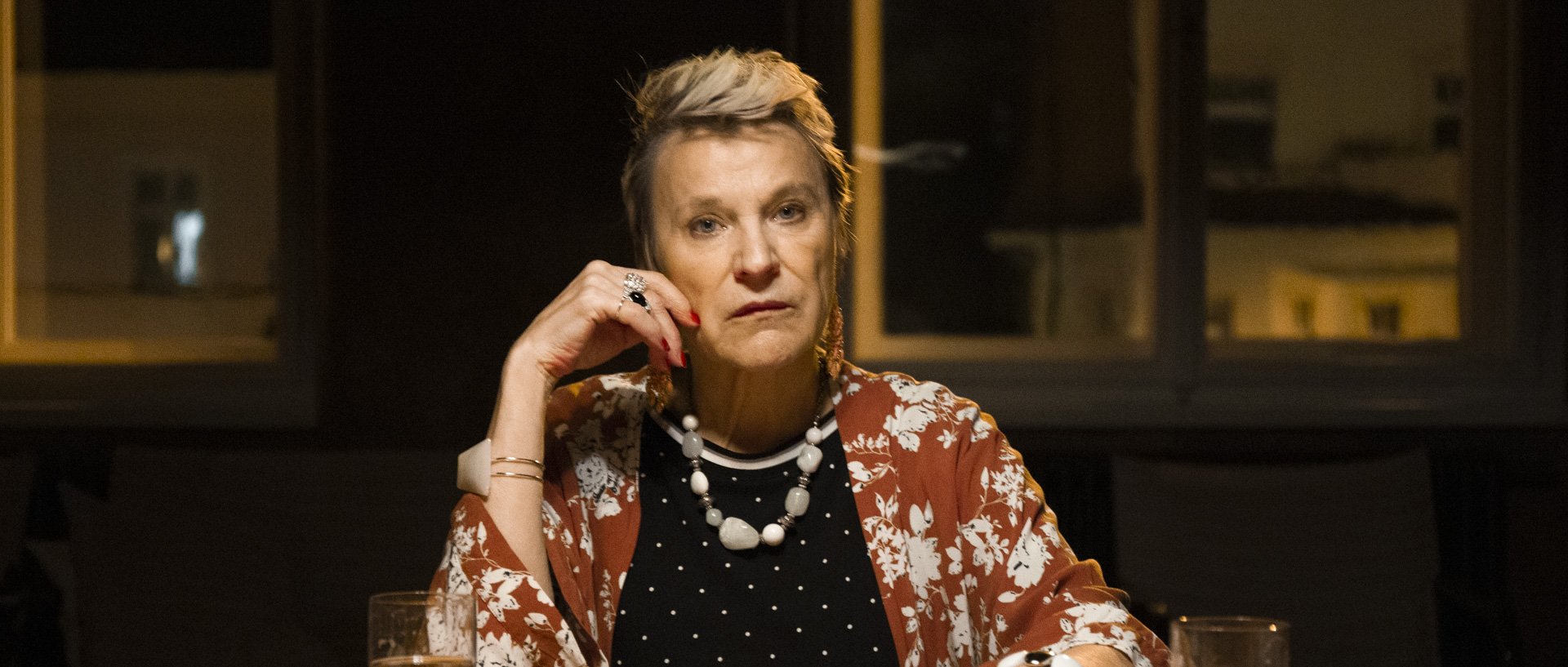
While his primary focus is on fiction, Vejnar has also ventured into documentary territory. Stone Story (2010), an educational piece for the Museum of Baroque Sculptures, combined historical storytelling with the costume drama genre, set against the turmoil of a plague-ridden era. His international breakthrough, however, came with the short film Figurant (2019), a Czech-French coproduction starring French legend Denis Lavant. Here the story line followed Lavant’s character, an unnamed man drawn into a mysterious military operation, showcasing Vejnar’s skill in blending satire with thriller, spurring the SXSW film festival in Austin, Texas, to choose the film for its lineup.
This same combination was also on prominent display in She Came at Night, a unique take on the home-invasion thriller genre, centering on a young couple whose routine life is upended by the unexpected arrival of the man’s mother, looking to crash for just one night. When her stay turns indefinite, her intrusive and manipulative behavior begins to strain the couple’s relationship. The film smoothly intertwines elements of dark comedy with the tension and depth of a psychosocial thriller, largely propelled by Simona Peková’s compelling performance as the mother.
Now Vejnar is set to release the next installment of his unique blend of dark reality, comedy, and social commentary with his upcoming solo feature-length debut, Head Nurse. Drawing on true stories and insights from the nursing profession (in particular, one head nurse who played a crucial role in advising the production), Vejnar aims to showcase the hospital setting as a bustling microcosm, oscillating between absurdity and high-stakes drama. The director has said his approach is inspired by the ensemble works of Robert Altman in M*A*S*H and Nashville, as well as the behind-the-scenes vibe and high-octane tempo of Boiling Point, striving to weave irony and cynical humor into a poignant critique of social issues. Currently Head Nurse, which netted the Czech Film Foundation Award and the Feature Launch Award at Karlovy Vary’s industry strand Eastern Promises, is in development, with Vejnar putting finishing touches on the script. Kamila Dohnalová of Last Films is producing the project for the Czech Republic, and is looking for a coproducer in Slovakia. Principal photography is preliminarily set for late 2025, with a festival premiere expected in 2026. This time out, Vejnar plans to employ a raw, near-documentary aesthetic, focusing on a single eventful day at the hospital, unfolding through a series of single-shot sequences. This realistic, immersive style is intended to enhance the authenticity of the hospital environment, drawing viewers into its intense, unpredictable rhythms.
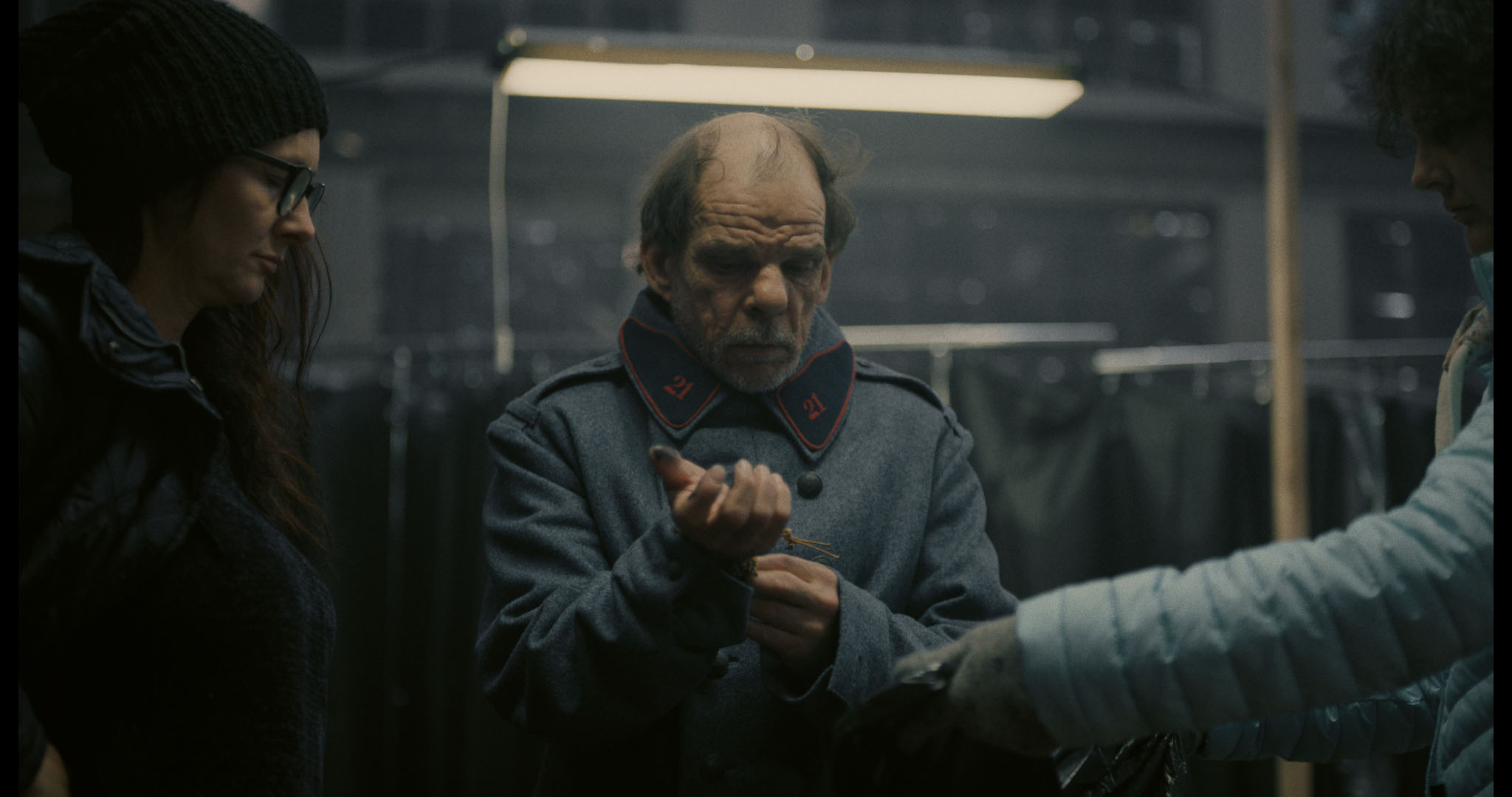
While Head Nurse remains Vejnar’s primary focus, he is actively contributing to a broad spectrum of other projects as well, both independently and in collaboration with peers. He recently completed shooting on the miniseries No Big Deal for Czech Television, set to premiere in September 2024. Cowritten with Darja Miková, No Big Deal looks at intimacy in the digital age, delving into the OnlyFans phenomenon, drawing formal inspiration from the Netflix series Easy.
Beyond directing, Vejnar has a parallel career in writing, having co-penned the documentary miniseries Game Story (2024) for Czech Television, which explores the evolution of the Czech videogame industry. His screenwriting portfolio also includes the PSA short To the Mountains (2018) and the radio play Meeting of the Garage Cooperative (2015), and he has a new radio play in the works as well. In addition, Vejnar is currently preparing another fiction miniseries with Jan Smutný of Peacock (2015) and developing a horror-short follow-up to Figurant with French producer Emilie Dubois. Besides his own projects, Vejnar also serves as consultant on projects for his peers, most recently doing so for Ondřej Hudeček’s Little Thief and Jan Haluza’s sci-fi Masters of Time.
And last but not least, the duo behind She Came at Night are now preparing an encore. Vejnar and Pavlíček are already in the early development phase for this new project, a comedy thriller focusing on the dynamics of a group in the thrall of a single individual. Their plan is to shoot in 2025.
Adam Martinec: Transcending the banal and fatal
Another promising talent from the youngest generation now gaining attention is Adam Martinec, a student at Prague’s FAMU film school. After his short films made their way through the festival circuit, he is now preparing his first feature work, Our Lovely Pig Slaughter, which will also serve as his master’s thesis.
Martinec’s student film Sugar and Salt (2018) depicted a group of middle-age friends getting together for their annual reunion—the first since the death of a close friend due to cancer, transforming their routine celebration of friendship into a poignant reflection on life and aging. The work debuted at the San Sebastian International Film Festival before going on tour, and eventually winning Best Film at the Prague Short Film Festival.
Meanwhile, in other ways, too, throughout his studies at FAMU, Martinec has remained engaged with the film industry, having served as production assistant on Wolf from the Royal Vineyard Street (2016), editing assistant on When the War Comes (2018), and second camera on Two Roads (2019), while cutting his teeth on TV shows for the public broadcaster and commercial channels alike.
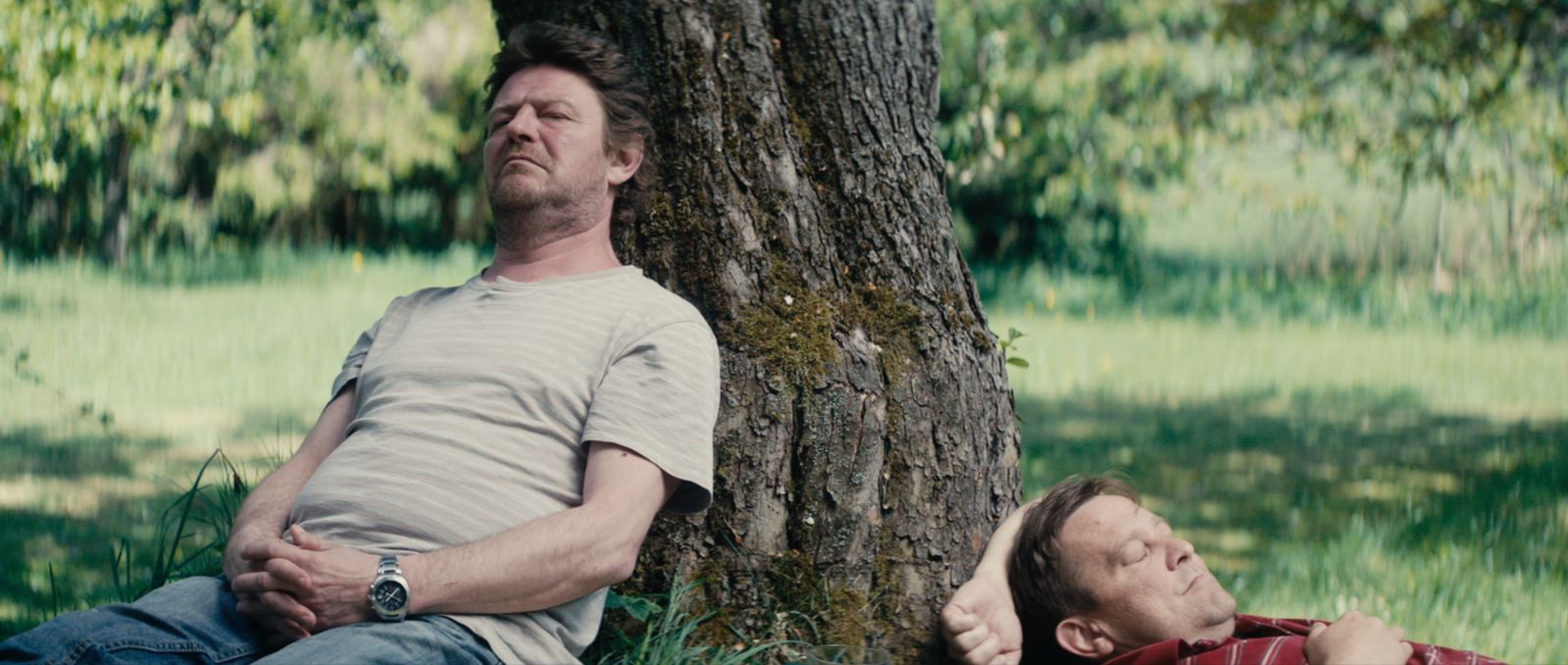
The young director’s subsequent project, Anatomy of a Czech Afternoon (2020), marked a departure from the melancholic tone of Sugar and Salt, delivering a harder-hitting story that further underscored his burgeoning talent. Launched in the Industry Days program at the Karlovy Vary International Film Festival, as part of the initiative called Future Frames: Generation NEXT of European Cinema, Anatomy of a Czech Afternoon portrayed a day at the lake that turns tragic when a mother’s two small sons go missing. The story soon turns into a social thriller, amplifying the indifference of onlookers as tragedy looms.
Martinec’s running exploration of Czech identity culminates in his upcoming feature-length debut, Our Lovely Pig Slaughter. The film revolves around the fading tradition of pig slaughter, using it as a lens to explore a mosaic of social and cultural themes: an old family homestead is transformed into a battleground of three generations, exposing gender divisions and generational friction during a ritual fraught with simmering resentments. The film is a socio-psychological probe as Martinec offers his trademark blend of the tragic and the banal with comic undertones. Influenced by such grandmasters as Miloš Forman and Bohumil Hrabal, the director’s storytelling echoes the Czechoslovak New Wave in both form and style. The lo-fi tragicomic narrative merges the everyday aspects of rural existence with deeper, even intimate layers.
The script has already received accolades, winning a Czech Film Foundation award for unproduced scripts in the Stars of Tomorrow category. Currently in postproduction, the film is slated for world premiere in summer or fall 2024. The production team is seeking a sales agent and international distributors to handle pre-sales.
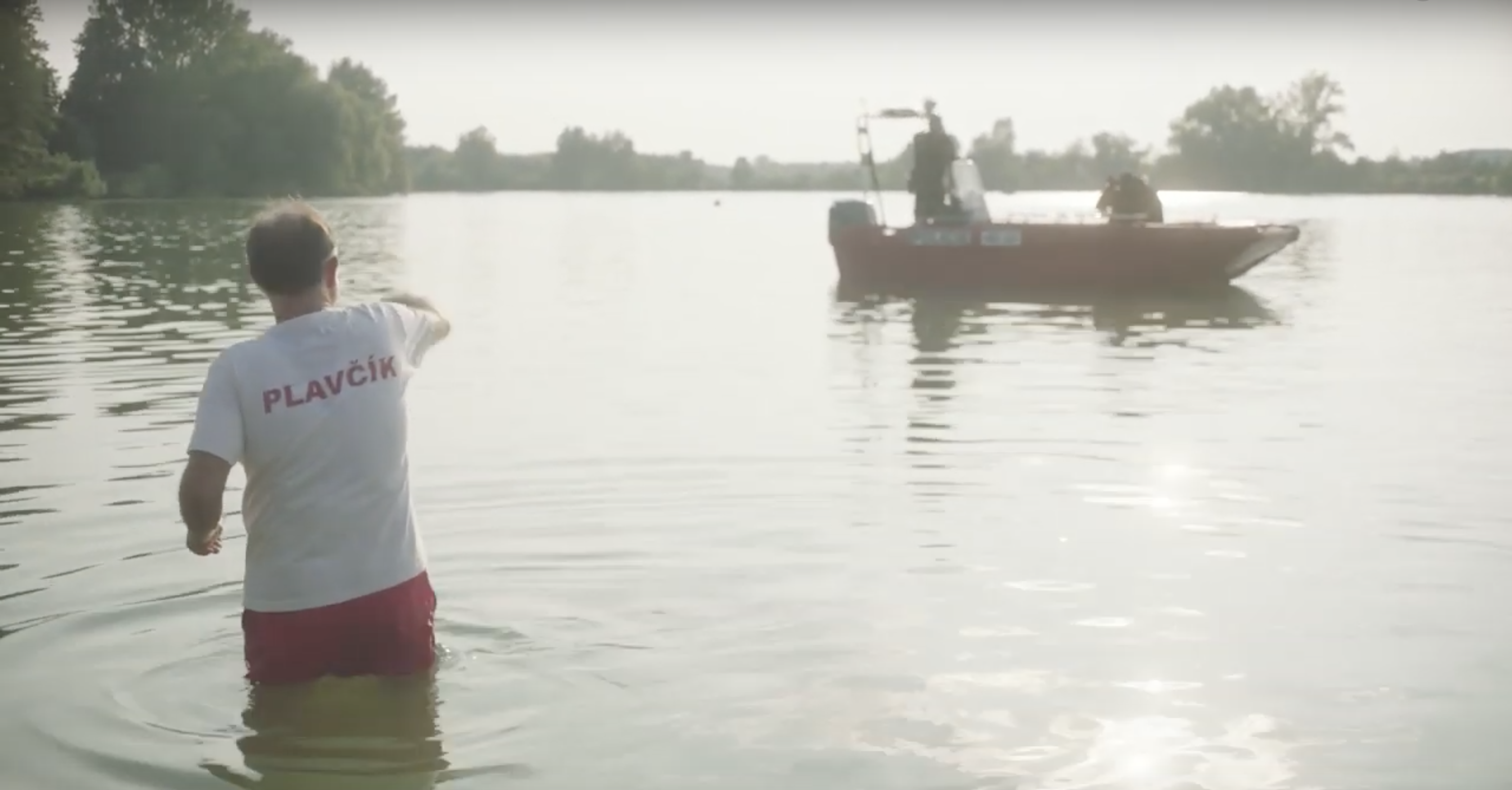
Now, as Martinec concludes his studies, he is poised to leave school armed with a handful of scripts, all aching to be brought to the screen. What they share in common is a blend of historical context with contemporary relevance, often transcending the domestic perspective. One of Martinec’s scripts, about Věra Menšíková, a pioneering chess player with Czech roots, delves into the male-dominated world of early 20th-century chess, offering insights into women’s liberation and gender identity. Martinec says he envisions Queen Věra less as a conventional bio-pic than as an experimental project using animation or puppets. Another screenplay of his, Our Boundaries, inspired by the novels of Cormac McCarthy, follows a young man’s decision to defy traditional narratives of destiny and defeat in Czech cinema. Albert of Hodice mixes historical critique and fantasy to examine European aristocracy on the cusp of the Enlightenment, and reveals influences of Juraj Jakubisko’s surreal anachronisms. Season in Hell reimagines poet Arthur Rimbaud’s obscure period in Ethiopia, exploring his transition from European literature to the arms trade, with a thematic focus on isolation and the clashing of cultures. Branching out, Martinec is also developing a hybrid project, titled Special Section, which he cocreated with Jan Gebert, probing the rehabilitation of people with substance-related disorders at Bělušice Prison. In this context, the young creator acknowledges the shifting dynamics in the audiovisual industry, saying he is prepared to adapt his scripts into miniseries if needed. Finally, he is also venturing into theater with Bike Pumps, a play exploring road biking in the 21st century, set against a reflection on Czech national identity and its various definitions.


